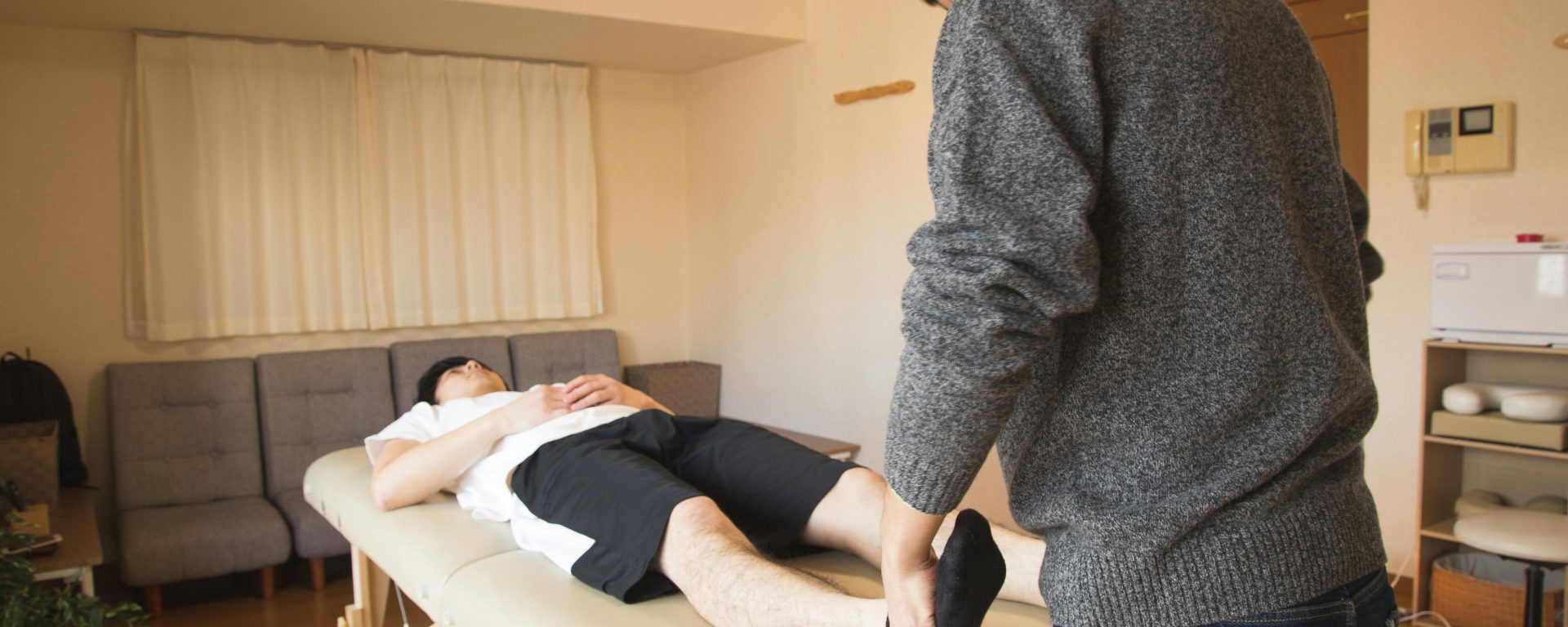The study aimed to evaluate the cost-effectiveness of manual therapy according to the Utrecht School (MTU) compared to physiotherapy (PT) in patients with sub-acute and chronic non-specific neck pain. The analysis was conducted from a societal perspective, considering both the clinical and economic outcomes of these two treatment approaches. The randomized controlled trial involved 181 participants, with 90 patients receiving MTU and 91 receiving PT, and was followed over 52 weeks. Clinical outcomes assessed included perceived recovery, functional status, and quality-adjusted life years (QALYs).
The economic evaluation was based on data collected through self-reported questionnaires. Costs were analyzed from a broad societal perspective, including healthcare costs and unpaid productivity costs. Missing data were addressed using multiple imputation, and bootstrapping techniques were employed to estimate statistical uncertainty. The focus was on understanding the overall cost differences between MTU and PT, as well as any notable effects on recovery and functionality over time.
After 52 weeks, the study found no significant differences between the two groups in terms of clinical outcomes like perceived recovery, functional status, and QALYs. However, there were notable differences in costs. Intervention costs (β: €-32) and healthcare costs (β: €-126) were significantly lower in the MTU group compared to the PT group. On the other hand, unpaid productivity costs were significantly higher in the MTU group (β: €186).
Despite these cost differences, societal costs did not show any significant variation between the two treatment groups (β: €-96). Additionally, the probability of MTU being cost-effective in comparison to PT for QALYs and functional status was low, with a maximum probability of cost-effectiveness being 0.54 or less. For other clinical outcomes, such as perceived recovery and continuous functional status, achieving cost-effectiveness would require significant additional investment.
In conclusion, the study suggests that from a societal perspective, MTU was not more cost-effective than PT for patients with sub-acute and chronic non-specific neck pain. With no clear overall differences in societal costs or clinical effects between the two treatments, the choice of intervention may ultimately be guided by patient and decision-maker preferences rather than clear economic or clinical advantages of one treatment over the other.
Reference: Van Dongen, J. M., Groeneweg, R., Rubinstein, S. M., Bosmans, J. E., Oostendorp, R. A. B., Ostelo, R. W. J. G., & Van Tulder, M. W. (2016). Cost-effectiveness of manual therapy versus physiotherapy in patients with sub-acute and chronic neck pain: a randomised controlled trial. European Spine Journal, 25, 2087-2096.
